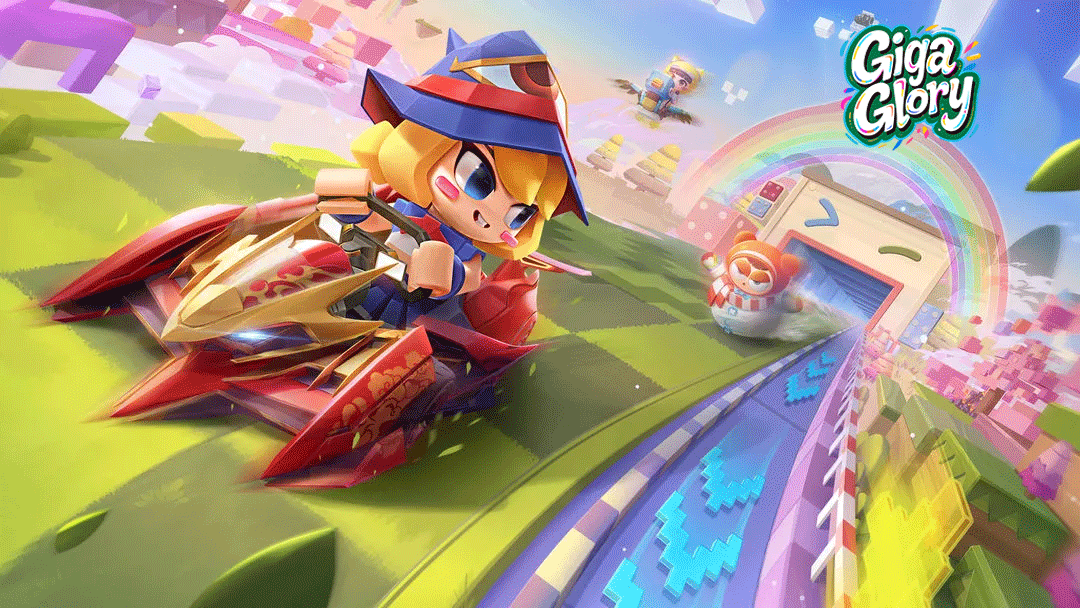Unlocking Teamwork: How Multiplayer Strategy Games Elevate Collaborative Gaming Experiences
Multiplayer games have taken the gaming world by storm, redefining how players interact and compete. In an era where connectivity is key, these games not only entertain but challenge users to strategize collaboratively. This symbiosis between individual prowess and teamwork is especially pronounced in multiplayer strategy games. This article explores how such games amplify collaborative experiences and why they matter in today’s gaming landscape.
The Rise of Multiplayer Strategy Games
When discussing multiplayer games, one cannot overlook the spectacular growth of strategy genres. Unlike action or casual games, strategy games demand critical thinking and communication. Players often engage in lengthy sessions to devise plans, coordinate attacks, and build alliances. A captivating feature of multiplayer strategy games is their ability to create a sense of community. Players find camaraderie amidst tactical challenges, which brings us to an essential point: a successful game is not merely about winning; it’s about the shared experience.
The Core Elements of Collaborative Gameplay
- Communication: Teams must communicate their strategies effectively.
- Trust: Players need to trust each other's decisions and abilities.
- Roles and Responsibilities: Clear delineation of roles among team members fosters better results.
- Adaptability: Teams must adapt to opponents' moves and adjust strategies accordingly.
These elements intertwine, forming the backbone of a multiplayer strategy game. The better a team can execute these components, the more triumphant they will be. Seeking to harness these qualities, developers create games that focus specifically on collaborative elements, enhancing players' experiences and ensuring a more fulfilling gaming experience.
Exploring Games Online RPG and Strategy Mechanics
Online RPGs (Role-Playing Games) in the multiplayer strategy realm further enhance teamwork. Players embark on quests, developing their characters while collaborating with others. In these settings, they face challenges that require group efforts - like boss battles or raids. For instance, World of Warcraft remains a premier example of a game that melds RPG elements with strategy, challenging players to think critically while working as a unit.
Addressing Technical Challenges: Match Crashes with Legacy Launcher
With advancements in gaming tech, issues like match crashes with legacy launchers can impact collaborative gameplay. These technical glitches often frustrate players, disrupting strategic planning and communication. Developers are actively working to resolve these matters. Addressing the issue not only enhances the user experience but reinforces the importance of reliability in multiplayer settings.
The Impact of Strategy Games on Team Dynamics
Understanding how multiplayer strategy games affect team dynamics is vital. Playing these games cultivates skills that extend beyond the screen. Participants often notice parallels between the game world and real-world situations. For example, learning to negotiate during an in-game alliance can improve conflict resolution skills in everyday life. These aspects can change how individuals approach teamwork outside the game, creating competent collaborators in various environments.
| Skill Developed | In-Game Example | Real-World Application |
|---|---|---|
| Communication | Developing a battle strategy with teammates | Effective meetings and group discussions |
| Leadership | Leading a faction to achieve objectives | Managing team projects |
| Adaptability | Adjusting strategies based on opponents' moves | Reacting to changing workplace priorities |
Looking Ahead: The Future of Multiplayer Strategy Games
As technology evolves, the potential for multiplayer strategy games grows exponentially. Developers are exploring innovative features, including immersive VR environments and AI-driven matchmaking. These advancements aim to enhance the depth of collaborative experiences. Imagine stepping into a virtual battlefield where communication and strategy play an even more significant role! The future holds exciting prospects for collaboration in gaming, and it’s thrilling to think about where it leads.
Key Takeaways
- Multiplayer strategy games facilitate essential communication skills among players.
- Collaborative experiences in gaming can influence real-life team dynamics.
- Technical issues like match crashes need addressing to maintain engaging gameplay.
- The future holds amazing possibilities for further enhancing collaboration in gaming.
Conclusion
In essence, multiplayer strategy games do more than just entertain; they build pathways to collaboration, trust, and leadership. By engaging in these games, players not only hone their gaming skills but also develop vital competencies that can enrich every facet of their lives. Thus, it’s essential to embrace multiplayer strategy games not merely as pastimes, but as instrumental in shaping the future of teamwork in both virtual and physical arenas.



